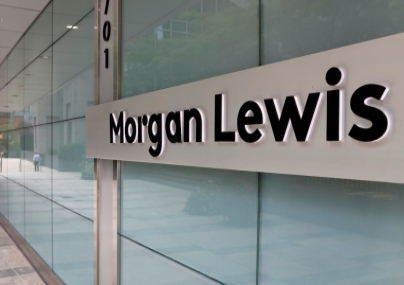By Fayen Wong and Chen Aizhu
China's Shanxi Coal International Energy Group said it was suing the company at the centre of the alleged metals financing fraud at Qingdao port and its parent for more than $177 million in missed payments the two had guaranteed, a move that suggests the scandal is starting to affect other sectors in China.
Shanxi Coal, one the country's top producers, said in a statement to the Shanghai Stock Exchange on Thursday it was suing three clients over the missed payments as well as Decheng Mining and its parent, Dezheng Resources, and another firm that had acted as guarantors.
No one at Decheng Mining or Dezheng Resources was immediately available for comment.
Shanxi's exposure to Decheng came as a result of complex transactions which are typical of commodity financing and the common business practice of intercompany loans in China. .
Goldman Sachs estimated in March that commodity-backed deals account for as much as $160 billion, or about 30 percent of China's short-term foreign-exchange borrowing.
Shanxi said it had agreed with Decheng in 2012 to act as its import agent for alumina, aluminium ingots and refined copper through Citic Australia Commodity Trading. The shipments were sold to two Hong Kong-registered companies, with Decheng and its sister company as guarantors.
In another deal, it signed a contract to buy alumina from Decheng, which was then sold to local firm Qingdao Yida Mining Ltd, with Dezheng Resources also being one of the guarantors.
"Big state companies often act as import agents for smaller firms because they have easy access to credit. When you look into these deals carefully, it is clear that they play an essential role in shadow lending," said an analyst who declined to be identified because of sensitivities in commenting on state firms.
Many large companies in China engage in the practice because of the better and quicker returns they can get, compared to their primary business.
Shares in Shanxi Coal, which reported a 68 percent drop in its 2013 net profit, were down 3.76 percent at 3.58 yuan at midday on Friday, after falling as much as 4.3 percent earlier. Its shares have lost more than a third of its value in the past year on the back of slumping coal prices.
Shanxi Coal's $177 million exposure to Decheng and its parent is more than four times of its 2013 earnings of $39 million.
Fallout spreading
Chinese authorities are investigating Decheng Mining over the alleged duplication of warehouse receipts at China's third-largest port to obtain multiple loans secured against a single cargo of metal. Decheng Mining has not commented on the probe.
As details of the potential fraud become clearer, the possible exposure of various parties to Decheng and its parent could amount to around $2.8 billion, according to an aggregation of amounts contained in company statements and Chinese media.
Standard Chartered, a major foreign provider of commodity financing deals, said on Thursday it had about $250 million worth of commodity-related exposure around Qingdao port, although not all of that was at risk.
"That is across multiple clients, multiple locations, multiple types of facilities, not all of which will be affected," Chief Executive Peter Sands said on a conference call.
Authorities have not yet disclosed the amount of metal involved in the Decheng financing probe, but sources familiar with the matter said it was about 20,000 tonnes of copper, nearly 100,000 tonnes of aluminium ingots and about 200,000 tonnes of alumina, the raw material for aluminium production. That quantity of metal would be worth about $390 million at current prices.
Earlier this month, China's CITIC Resources Holding Ltd said a court was unable to secure more than 100,000 tonnes of alumina it stored at Qingdao port, estimated to be worth $43 million.
In a further sign of irregularities in China's commodity financing market, the National Audit Office said this week that Chinese gold processing firms had used falsified gold transactions to borrow 94.4 billion yuan ($15.18 billion) from banks.
Spot checks on 25 companies that process bullion, such as jewellers, showed they made a combined profit of more than 900 million yuan by using the bank loans to make loans themselves and take advantage of the interest rate differences, as well the appreciation of the Chinese currency, the report said.


